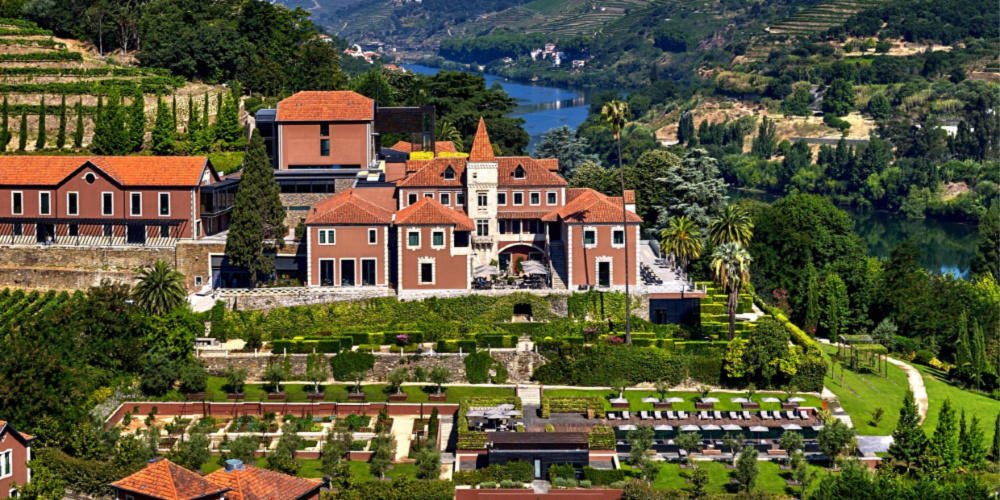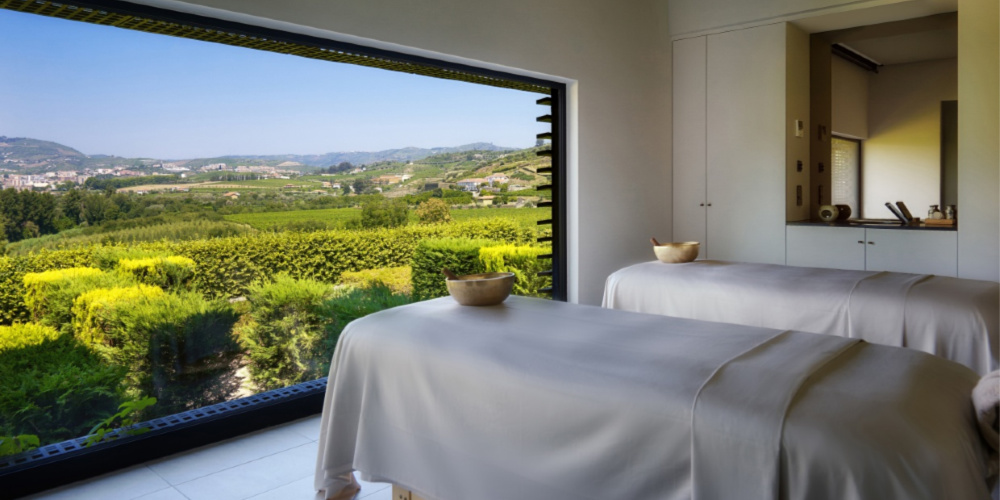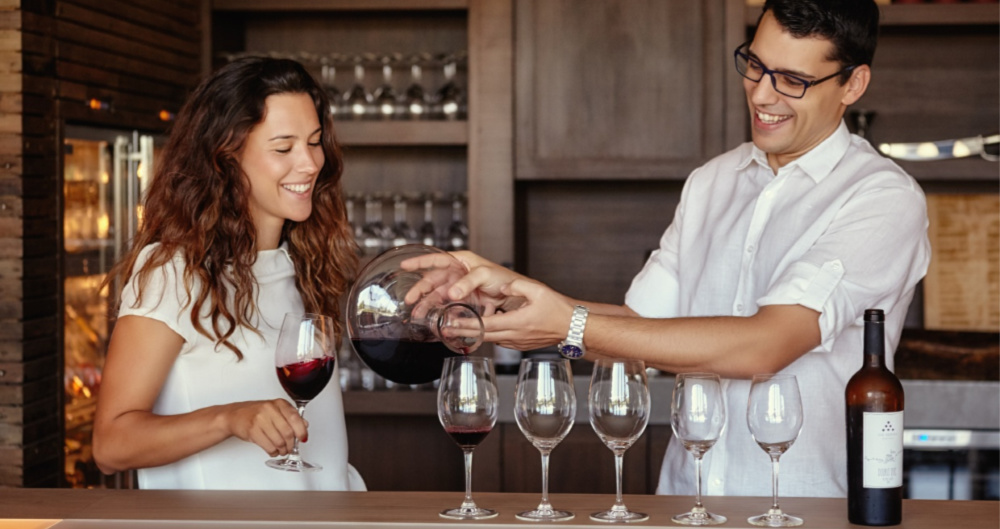From past to future in the Douro
 Photo credit: “The Douro Valley” by mat’s eye is licensed under CC BY 2.0
Photo credit: “The Douro Valley” by mat’s eye is licensed under CC BY 2.0
One of the world’s oldest demarcated wine regions, The Douro’s indigenous grapes were used almost exclusively for Port until the 1990s, when the region began making still wines from the same grape varieties – Touriga Naçional, Touriga Franca, Tinta Roriz, Tinta Cao and Tinta Barroca – that are now winning an international reputation for high quality.
The river itself was once a treacherous route for brave souls to float Port barrels down to the coast at Vila Nova de Gaia, where the cooler conditions better suited the ageing process. Dammed in the 1970s, the Douro’s primary purpose these days is for pleasure boats, but it still flows fast, with a furious sense of drama, easily captured by taking a seat on the regular passenger train service that follows its course.
Relatively inaccessible for years, the valley suffered economically in the post-war years as Port sales declined and younger people moved to the cities, or overseas, in search of work. Tourism was slow to exploit its natural beauty, so – perversely – today’s traveller benefits from an industry that’s evolved relatively recently, in a world that’s woken up to the damage the mass market can do to nature’s wonder.
 Photo Credit: Six Senses
Photo Credit: Six Senses
The rise of tourism
Much of the enlightened change has been driven by the Port barons themselves, with long family histories in the region, who have seized on the potential of tourism, and the allure of authenticity to the modern visitor, to create a subtle sideline in high-end hospitality, coupled with genuinely engaging visitor experiences, that have helped fuelled the re-birth of their businesses.
A few sage investors have also spotted the potential here; luxury hotels and fine dining might have seemed unthinkable in the Douro Valley a decade or so ago, but not any more.



